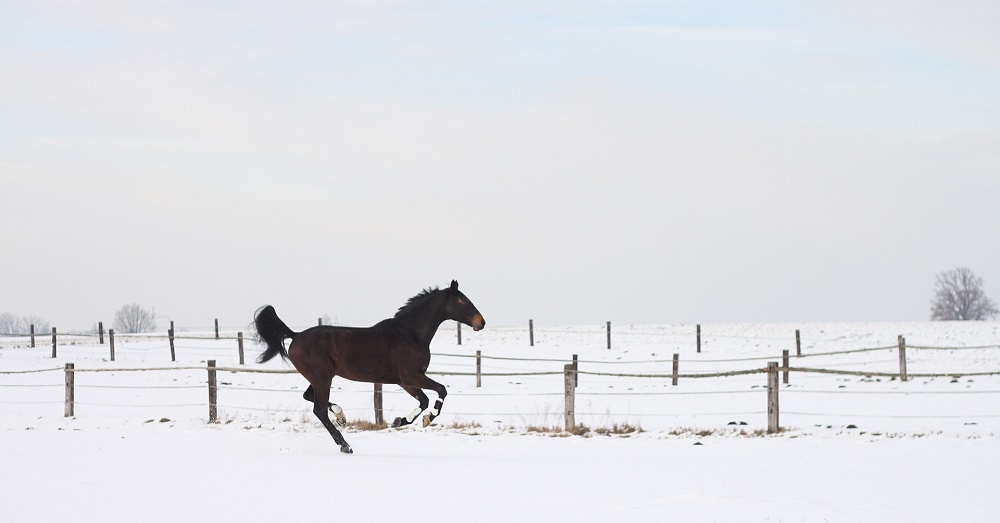
DOES MY HORSE NEED MOBILITY SUPPORT?
- Age – Like us, as horse’s age they naturally tend to have more aches and pains. If your horse is looking or feeling a bit stiff, this maybe a sign that they now need a little extra help.
- Work load – Whether your horse is older or younger, if they are in hard work this can take its toll on joints, tendons and ligaments.
- Prevention is better than a cure! Even if your horse is not currently showing signs of discomfort or stiffness providing mobility support can help in the long-term especially if they are in strenuous work.
ROUTINE MANAGEMENT
- Keep your horse moving! If stabled for the whole day or majority due to lack of grazing (if on box rest consult with your vet), taking your horse for a walk in hand or using a horse walker on a regular basis is really important. This will help mobility and reduce possible swelling in the legs from standing in the stable; plus help with mental stimulation.
- Exercise – One thing to think about is… Is my horse fit and strong enough for this task? If your answer is no, pushing your horses physique puts a lot of strain/pressure on joints, tendons and ligaments. This can cause mobility issues in the future.
- Turn out – Where possible daily turn out will help your horses stretch their legs.
- Supplement – There are many joint supplements on the market. Making sure the supplement is comprehensive is the key to maximum joint support. Some key ingredients to look for in a joint supplement are, MSM, chondroitin and glucosamine.
- Not just the joints – The soft tissues around the joints are very important, as healthy soft tissues support the joints. Picking a mobility supplement which includes support for tendons, ligaments and muscles such as chelated calcium and antioxidants primarily, will help with overall mobility.
- Therapy – Having a therapist out to see your horse on a regular basis ensures the horse is moving correctly and can release tension. Different therapies can include; Physiotherapy, Osteopathy, Chiropractic and Myofascial Release. The therapist can also advise on areas of mobility that need to be improved and any stiffness/soreness that your horse is feeling.
- Alternative therapy – Alternative therapies such as acupuncture, magnetic therapy, infrared light therapy and sports massage can play a large role in recovery from injury and keeping your horses mobile and happy on a day-to-day basis.
If you have any further questions about your horses mobility, please feel free to speak to one of our advisers on 01453 836974 or email advice@equifeast.net.


